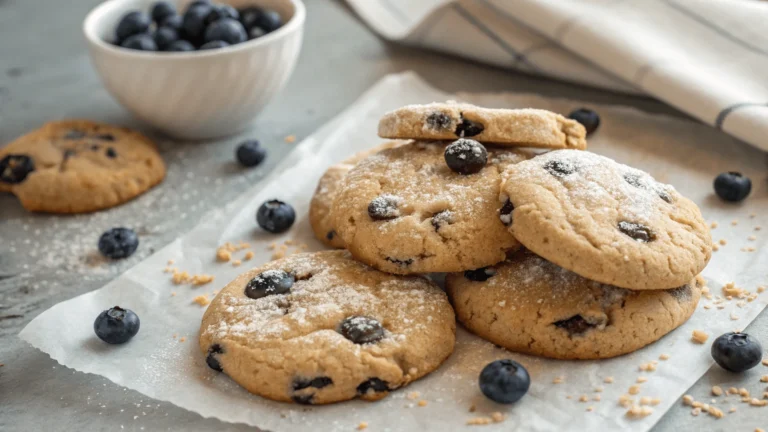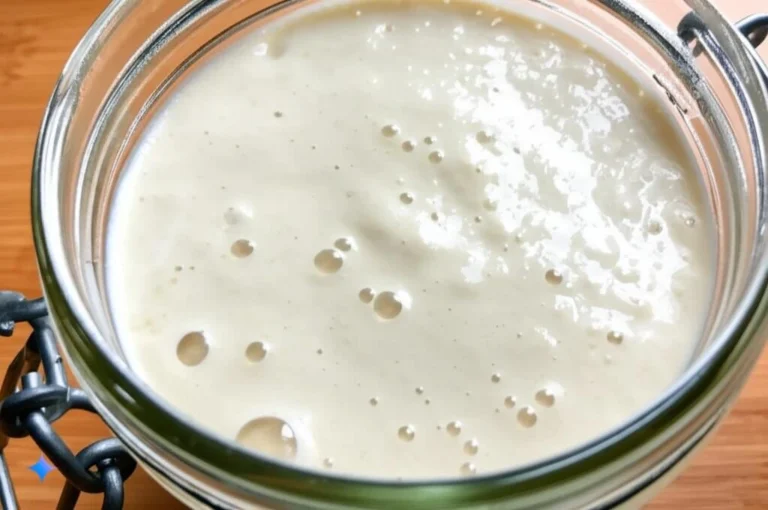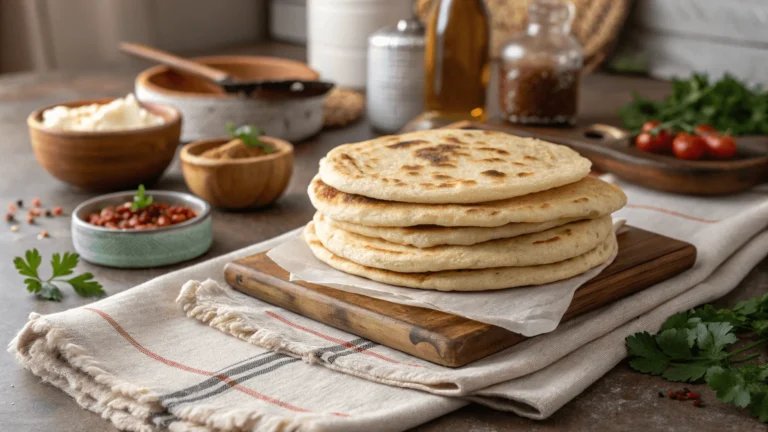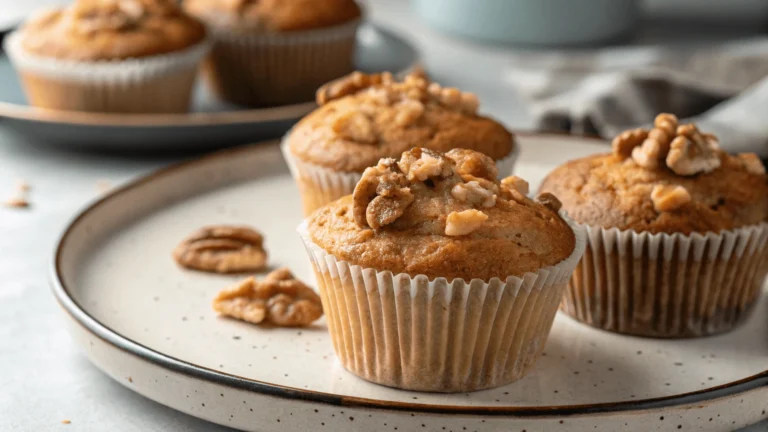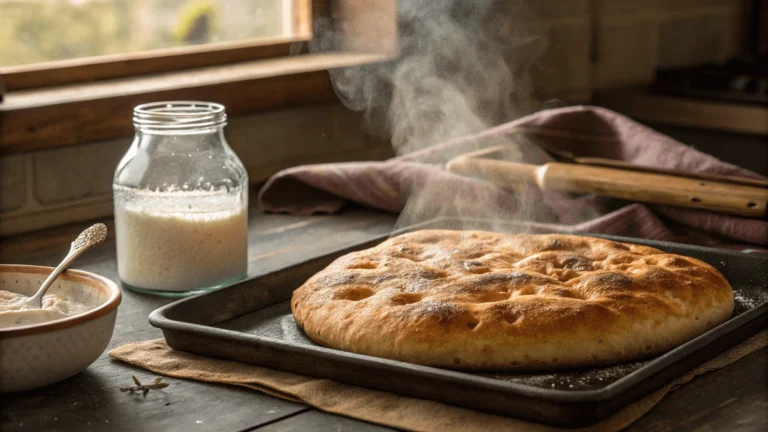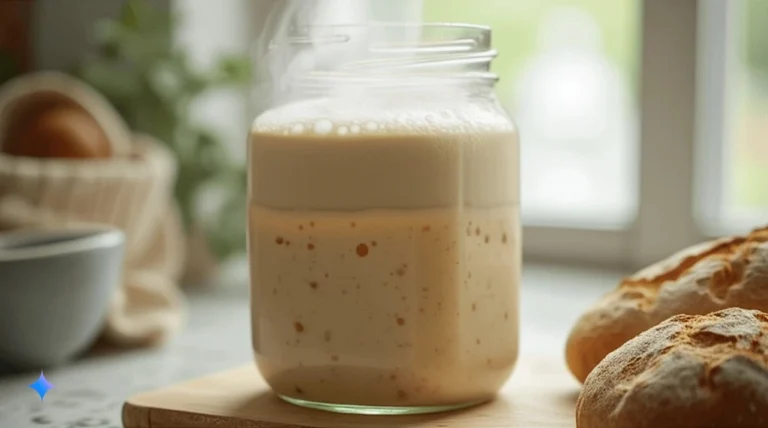Perfect Sourdough Discard Hamburger Buns Recipes
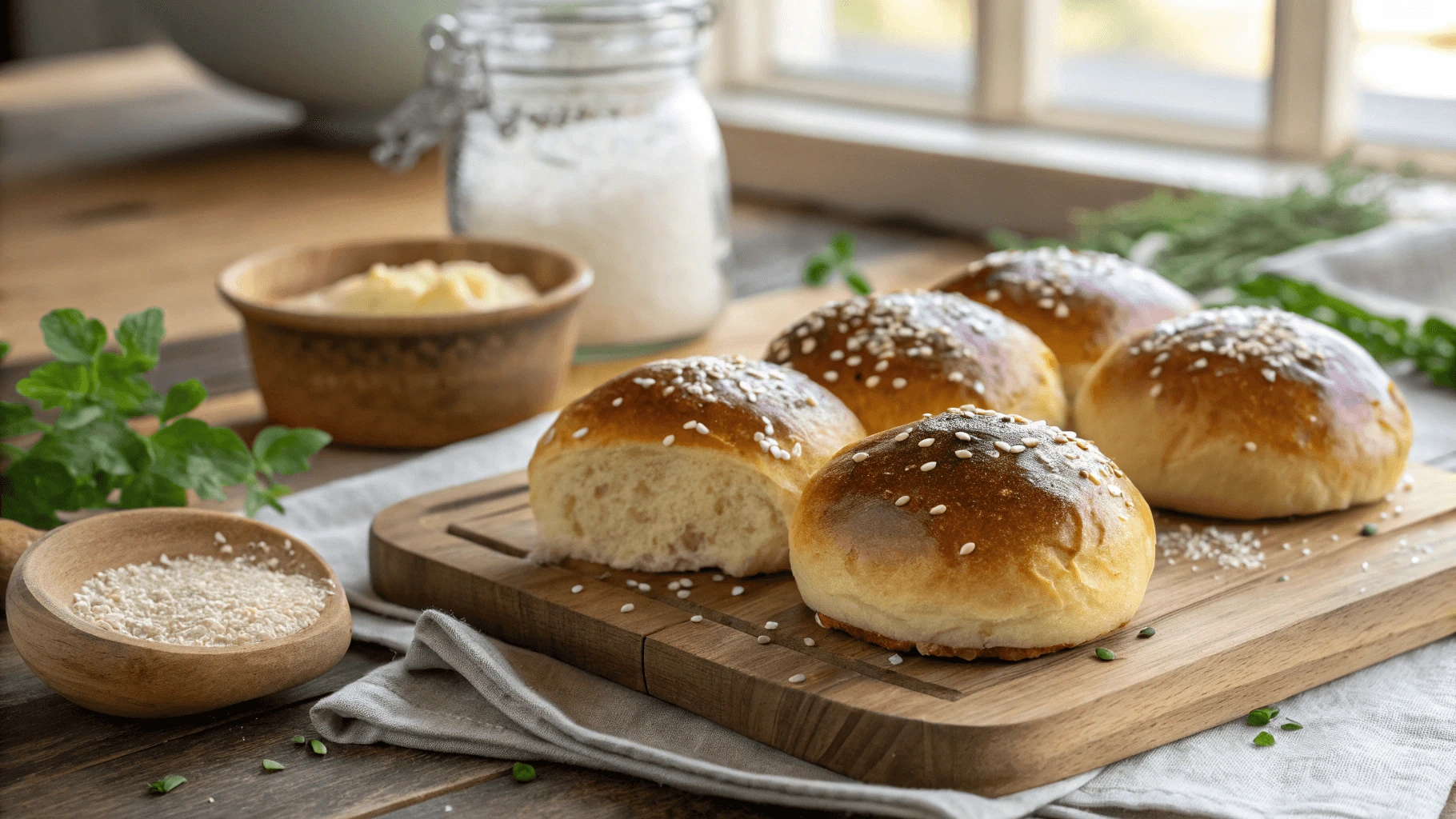
Are you tired of tossing out your sourdough discard? That jar of slightly sour, bubbling mixture doesn’t have to go to waste! Transform this brewing byproduct into something extraordinary—soft, flavorful hamburger buns that will elevate your next cookout or family dinner. These sourdough discard hamburger buns combine the complex flavors of fermented dough with the pillowy texture we all crave in a perfect burger vessel.
As a sourdough enthusiast who hated throwing away perfectly good discard, I’ve spent months perfecting these burger bun recipes. The result? Buns with a subtle tang, beautiful structure, and impressive nutritional benefits that store-bought versions simply can’t match. Whether you’re a sourdough novice or seasoned baker, these recipes will help you create bakery-quality buns while practicing sustainable baking.
In this comprehensive guide, you’ll discover why sourdough discard creates superior hamburger buns, learn a foolproof recipe, explore exciting variations, and master professional techniques for consistently perfect results. Let’s transform your discarded starter into the star of your next meal!
Ingredients for Soft Sourdough Discard Hamburger Buns
Now that you understand the science and ingredients, let’s dive into the recipe that consistently produces amazing sourdough discard hamburger buns. This foolproof method strikes the perfect balance between fermentation flavor and reliable results.
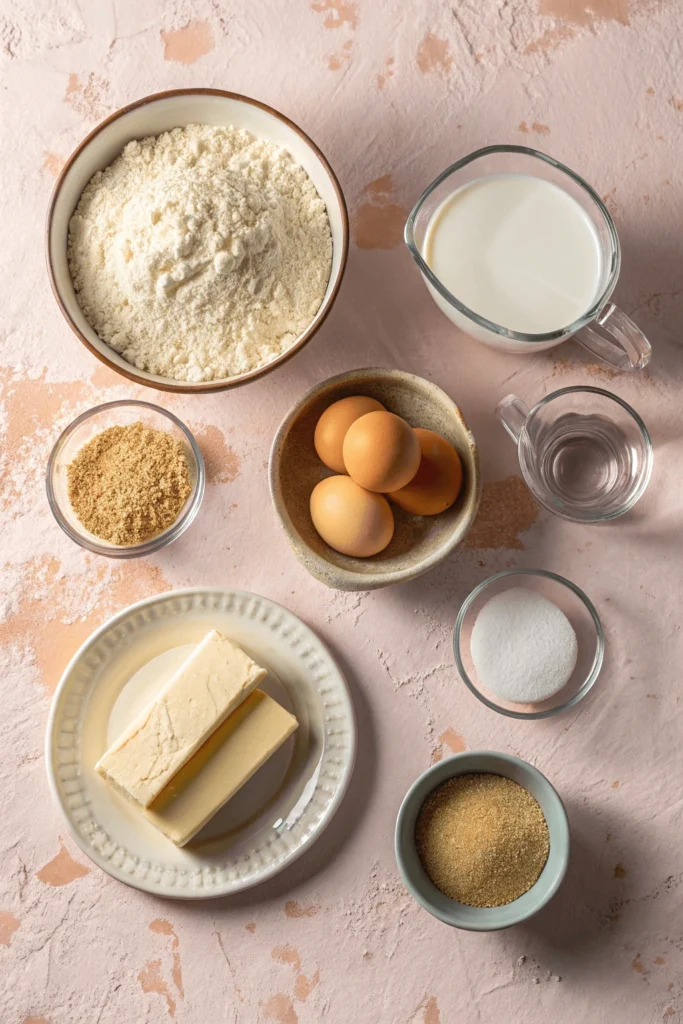
Ingredients List
| Ingredient | Quantity | Notes |
|---|---|---|
| Sourdough discard | 1 cup (250g) | Room temperature |
| Bread flour | 3 cups (380g) | High protein preferred |
| Milk | 1/2 cup (120ml) | Warm, about 105°F |
| Butter | 3 tbsp (45g) | Softened |
| Egg | 1 large | Room temperature |
| Sugar | 2 tbsp (25g) | Helps with browning |
| Salt | 1 1/2 tsp (8g) | Fine sea salt recommended |
| Instant yeast | 2 tsp (6g) | Optional, for faster rise |
Instructions for Sourdough Discard Hamburger Buns
Mix the dough: In a large bowl, combine sourdough discard, warm milk, softened butter, egg, and sugar until smooth. Add bread flour, salt, and instant yeast (if using), stirring until a shaggy dough forms.
Knead thoroughly: Turn dough onto a lightly floured surface and knead for 8-10 minutes until smooth and elastic. Alternatively, use a stand mixer with a dough hook for 5-7 minutes on medium speed. The dough should pass the window pane test—when stretched, it forms a thin membrane without tearing.
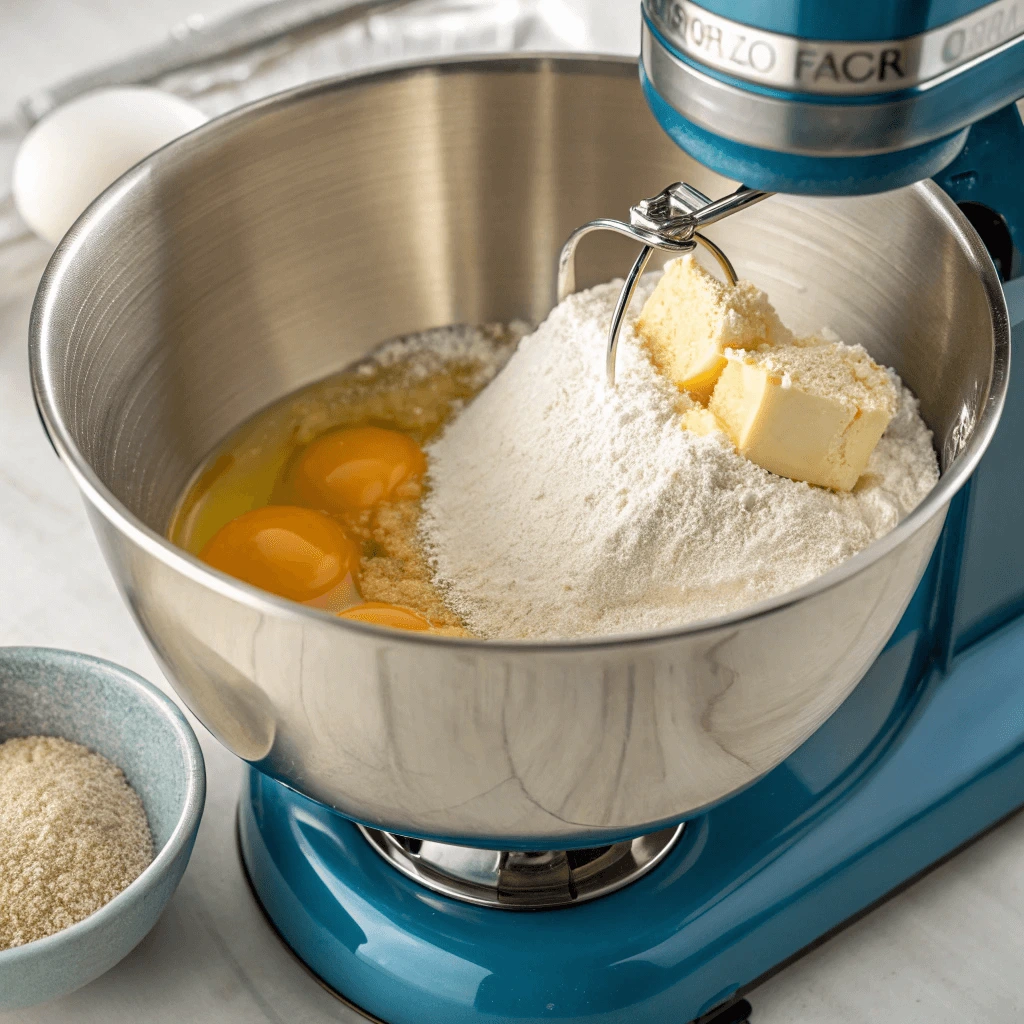
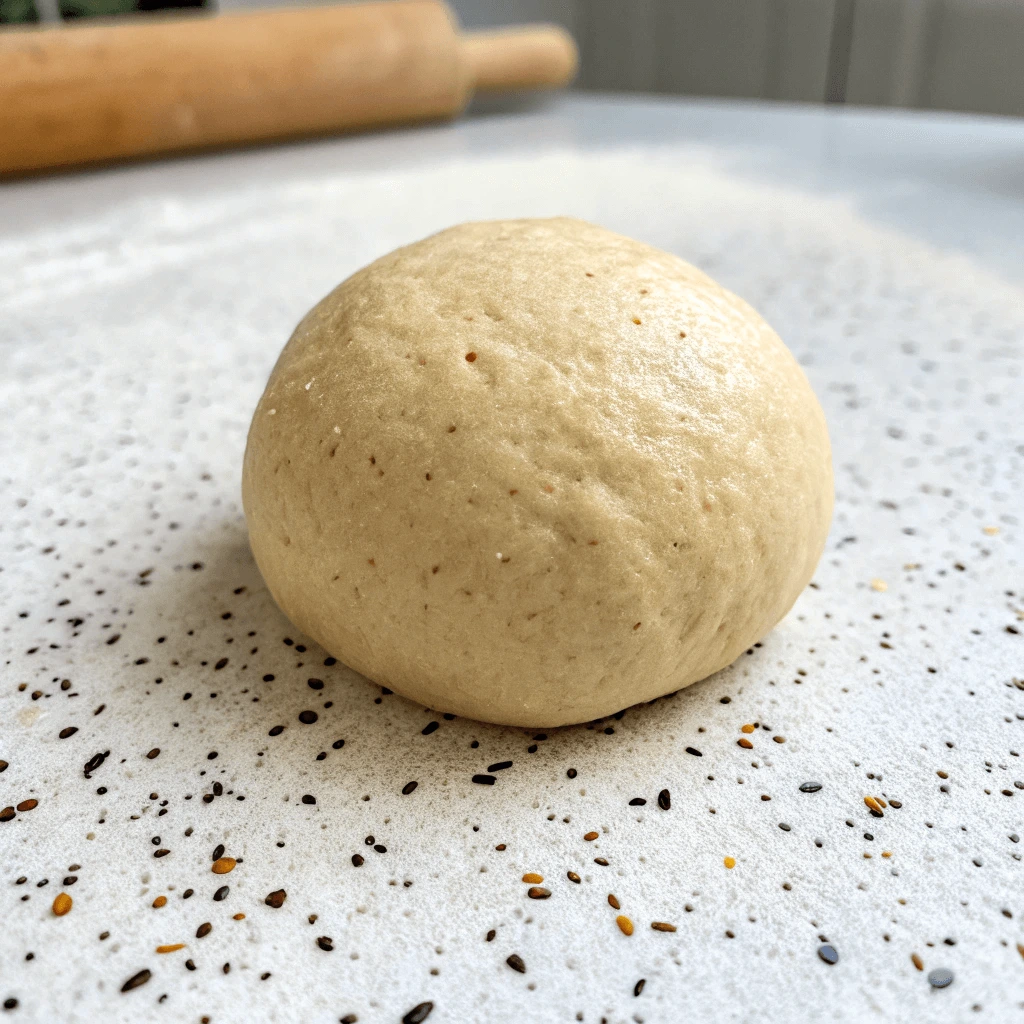
First rise: Place dough in a lightly oiled bowl, cover with plastic wrap or a damp towel, and let rise in a warm spot (75-80°F) for 1.5-2 hours, or until doubled in size. If not using commercial yeast, this may take 3-4 hours.
Shape the buns: Gently deflate dough and divide into 8 equal portions (about 95-100g each) for standard burger buns. For slider buns, divide into 16 portions. Form each piece into a tight ball by pulling edges underneath and pinching at the bottom. Place on a parchment-lined baking sheet, spacing 2-3 inches apart.
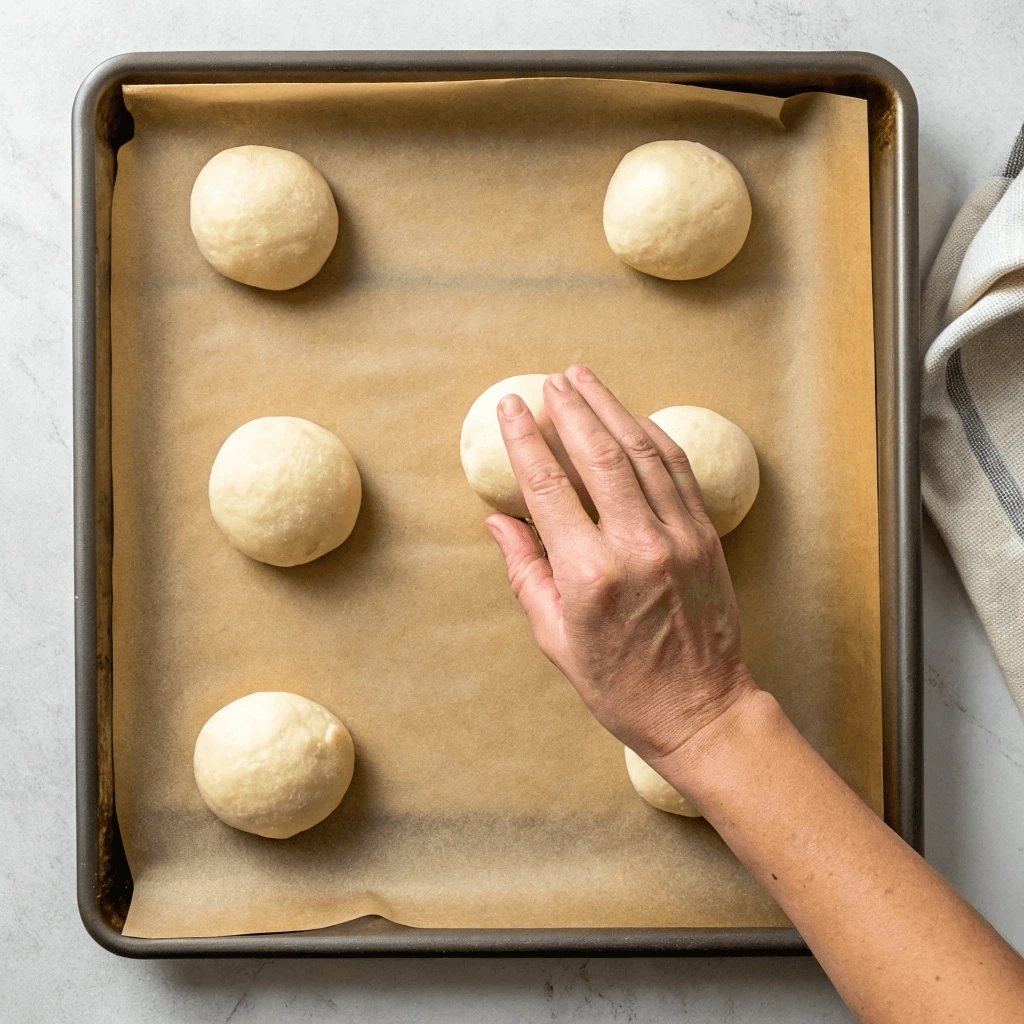
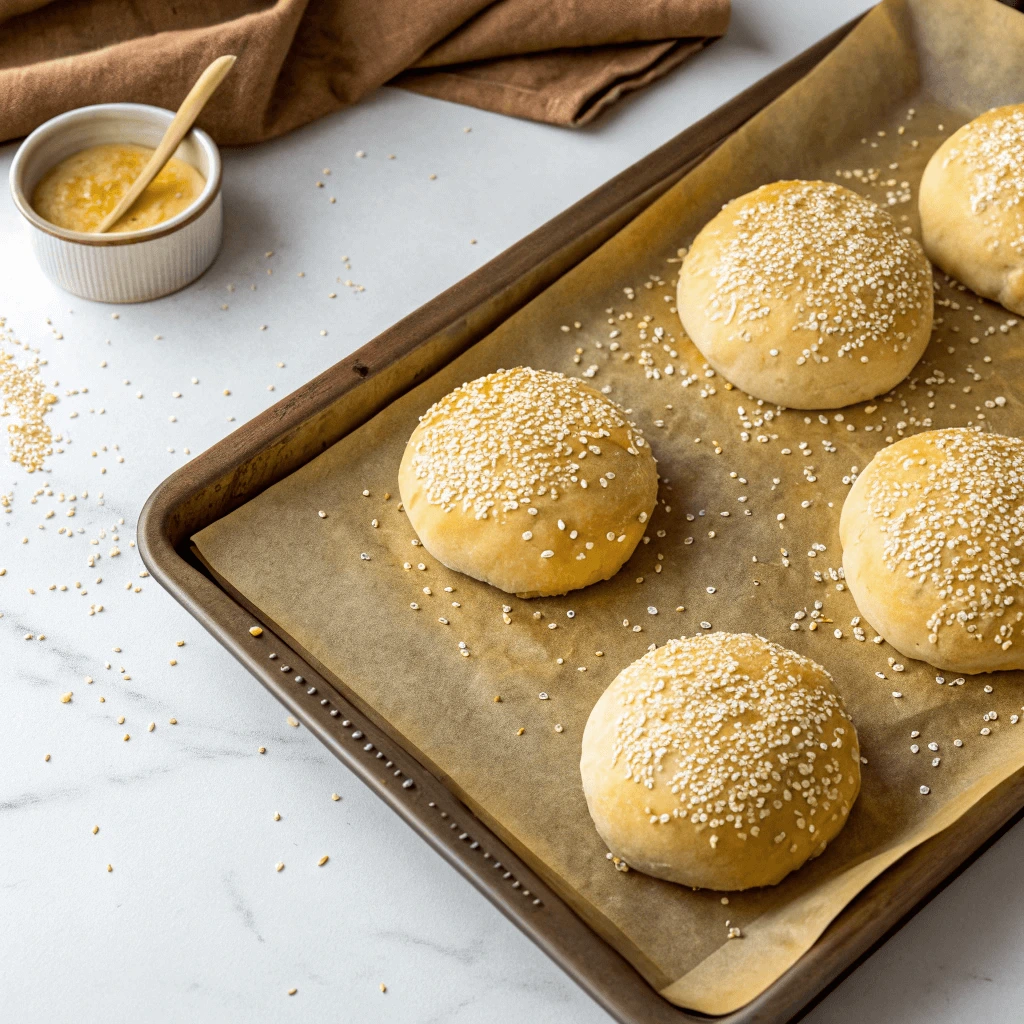
Second rise: Flatten each ball slightly with your palm to about 1-inch thickness. Cover loosely with oiled plastic wrap and let rise for 45-60 minutes until puffy. Towards the end of rising, preheat oven to 375°F (190°C).
Prepare for baking: Brush tops gently with egg wash (1 egg beaten with 1 Tbsp water) and sprinkle with sesame seeds, poppy seeds, or everything bagel seasoning if desired.
Bake to perfection: Bake for 15-18 minutes until golden brown and internal temperature reaches 190°F (88°C). Transfer to a wire rack to cool completely before slicing.
Cool properly: Allow buns to cool for at least 30 minutes before slicing to prevent gumminess and ensure the perfect texture.
These buns emerge from the oven with a beautiful golden dome, soft interior, and subtle sourdough flavor that enhances rather than overwhelms your burger experience. The fermentation process creates an exceptional chew and keeping quality that surpasses any store-bought option.
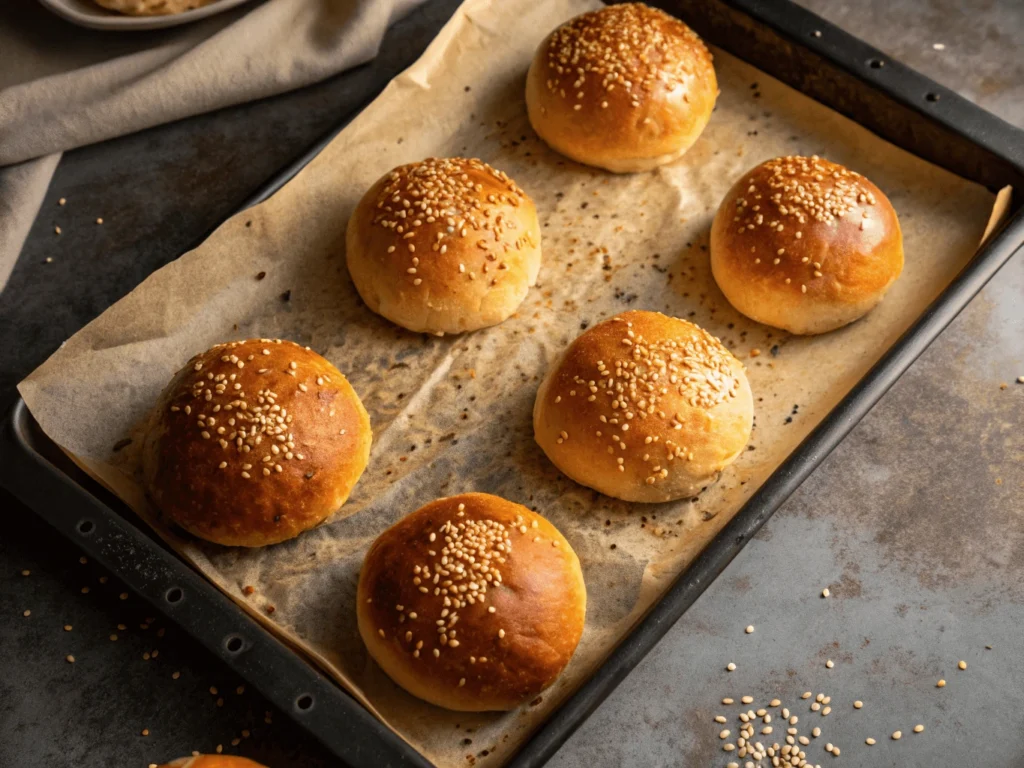
Troubleshooting and Expert Tips forSourdough Discard Hamburger Buns
Even experienced bakers occasionally encounter challenges when making sourdough discard hamburger buns. Here’s how to troubleshoot common issues and elevate your buns to professional quality.
Common Issues and Solutions
Dense, heavy buns? This usually indicates insufficient rising:
- Ensure your dough doubles during the first rise
- Check that your room isn’t too cold (below 70°F can significantly slow fermentation)
- If using older discard, add an extra 1/2 tsp of commercial yeast to compensate for increased acidity
- Knead thoroughly—inadequate gluten development leads to poor rise
Inconsistent bun sizes? Try these professional techniques:
- Use a kitchen scale to weigh each portion precisely (95-100g for standard burger buns)
- After dividing, let dough pieces rest covered for 10 minutes before final shaping
- Use a ring mold or round cutter as a guide while shaping
Pale, lackluster tops? Perfect your finishing:
- Apply egg wash thoroughly but gently to avoid deflating risen dough
- For deeper golden color, use egg yolk mixed with 1 tsp milk
- Check oven temperature with an oven thermometer—many ovens run cooler than their settings
Buns spreading too flat? Create better structure:
- Develop stronger surface tension during shaping by pulling dough tightly downward
- Use a high-protein bread flour (12-14%)
- Consider using bun rings or tuna cans with tops and bottoms removed as molds
Pro Tips from Experienced Bakers
Take your sourdough discard hamburger buns to the next level with these professional techniques:
- Cold fermentation: After the first rise, refrigerate shaped buns overnight covered with oiled plastic wrap. Bring to room temperature for 30-45 minutes before baking for deeper flavor development.
- Steam for optimal rise: Place a shallow pan with hot water on the bottom rack of your oven during preheating, creating steam that helps buns rise fully before crust sets.
- Perfect egg wash: Beat one whole egg with 1 tablespoon of water and strain through a fine mesh sieve for a smooth, professional finish without lumps.
- Scoring patterns: Just before baking, create a decorative cross or star pattern on top using a sharp razor blade or lame, cutting about 1/4 inch deep for attractive splitting during baking.
- Optimal seed adhesion: Apply seeds immediately after egg wash while still wet, and gently press them into the surface to prevent falling off after baking.
Storage, Freezing and Make-Ahead Instructions
Extend the enjoyment of your homemade sourdough discard hamburger buns with these storage and preservation techniques.
Keeping Sourdough Discard Hamburger Buns Fresh
Room temperature storage:
- Cool buns completely before storing
- Place in a ziplock bag or airtight container
- Will remain fresh for 2-3 days at room temperature
- Refresh slightly stale buns by warming in a 350°F oven for 5 minutes
Freezing for longer storage:
- Wrap fully cooled individual buns tightly in plastic wrap
- Place wrapped buns in a freezer bag, removing as much air as possible
- Label with date; buns remain optimal for up to 3 months frozen
- Thaw at room temperature for 1-2 hours or overnight in refrigerator
Make-ahead options for entertaining:
- Prepare dough through first rise
- Shape buns, arrange on baking sheet, cover and refrigerate overnight
- Remove from refrigerator 1-2 hours before baking to complete final rise
- Proceed with egg wash and baking as directed
For the freshest experience on day two or three, lightly toast cut sides of buns before assembling burgers. This revitalizes texture and brings out the complex sourdough aromas.
Nutritional Information for Sourdough Discard Hamburger Buns
Each sourdough discard hamburger bun (based on 8 buns per recipe) provides:
| Nutrient | Amount per Bun | % Daily Value |
|---|---|---|
| Calories | 225 | – |
| Protein | 6g | 12% |
| Carbohydrates | 35g | 11% |
| Fiber | 1.5g | 6% |
| Fat | 6g | 9% |
| Sodium | 380mg | 16% |
The fermentation process in sourdough may make these buns more easily digestible than commercial alternatives. The longer fermentation time breaks down phytic acid, potentially making minerals more bioavailable. Additionally, these homemade buns contain no preservatives, artificial flavors, or dough conditioners commonly found in store-bought versions.
Sourdough Discard Hamburger Buns FAQ
Can I make these buns without commercial yeast?
Yes, you can make these buns using only sourdough discard for leavening. Omit the commercial yeast and expect significantly longer rise times—approximately 4-6 hours for the first rise and 2-3 hours for the second rise, depending on temperature and discard activity. The resulting buns will have a more pronounced sourdough flavor.
How sour will these buns taste?
These buns feature a pleasant, mild tang that complements savory fillings without overwhelming them. The tanginess level depends on your discard’s age—fresh discard produces milder flavor while week-old refrigerated discard creates more pronounced sourness. The addition of milk, butter, and sugar in the recipe helps balance the acidity.
Can I use sourdough discard straight from the refrigerator?
While possible, bringing your discard to room temperature (about 1 hour on the counter) before mixing produces better results. Cold discard will slow down the fermentation process and may require longer rising times. If you’re in a hurry, using cold discard with the recommended amount of commercial yeast will still work.
How long do these buns stay fresh?
When stored in an airtight container at room temperature, these buns remain fresh for 2-3 days. The natural acids in sourdough help extend shelf life compared to conventional homemade buns. For longer storage, freeze buns following the instructions in the storage section.
Can I make these dairy-free?
Absolutely! Substitute the milk with an equal amount of unsweetened oat milk or almond milk. Replace butter with plant-based butter or 2.5 tablespoons of olive oil. The texture will be slightly different but still delicious. For egg replacement, use 1 tablespoon ground flaxseed mixed with 3 tablespoons water.
What’s the best way to reheat these buns?
For the best texture and flavor when reheating, split the bun and lightly toast the cut sides in a skillet with a touch of butter. Alternatively, warm whole buns in a 350°F oven for about 5 minutes. Avoid microwave reheating, which can make the texture gummy.
Conclusion
Transforming your sourdough discard into these exceptional hamburger buns isn’t just economical—it’s a revelation in flavor and texture that will forever change how you think about burger night. The subtle complexity from fermentation, the perfect balance of softness and structure, and the satisfaction of sustainable baking practices make these buns worth the modest effort they require.
Remember that sourdough baking is as much art as science. Each batch may vary slightly based on your unique starter, kitchen environment, and ingredients. Embrace this beautiful variability and adjust as needed to create buns perfectly suited to your taste preferences.

